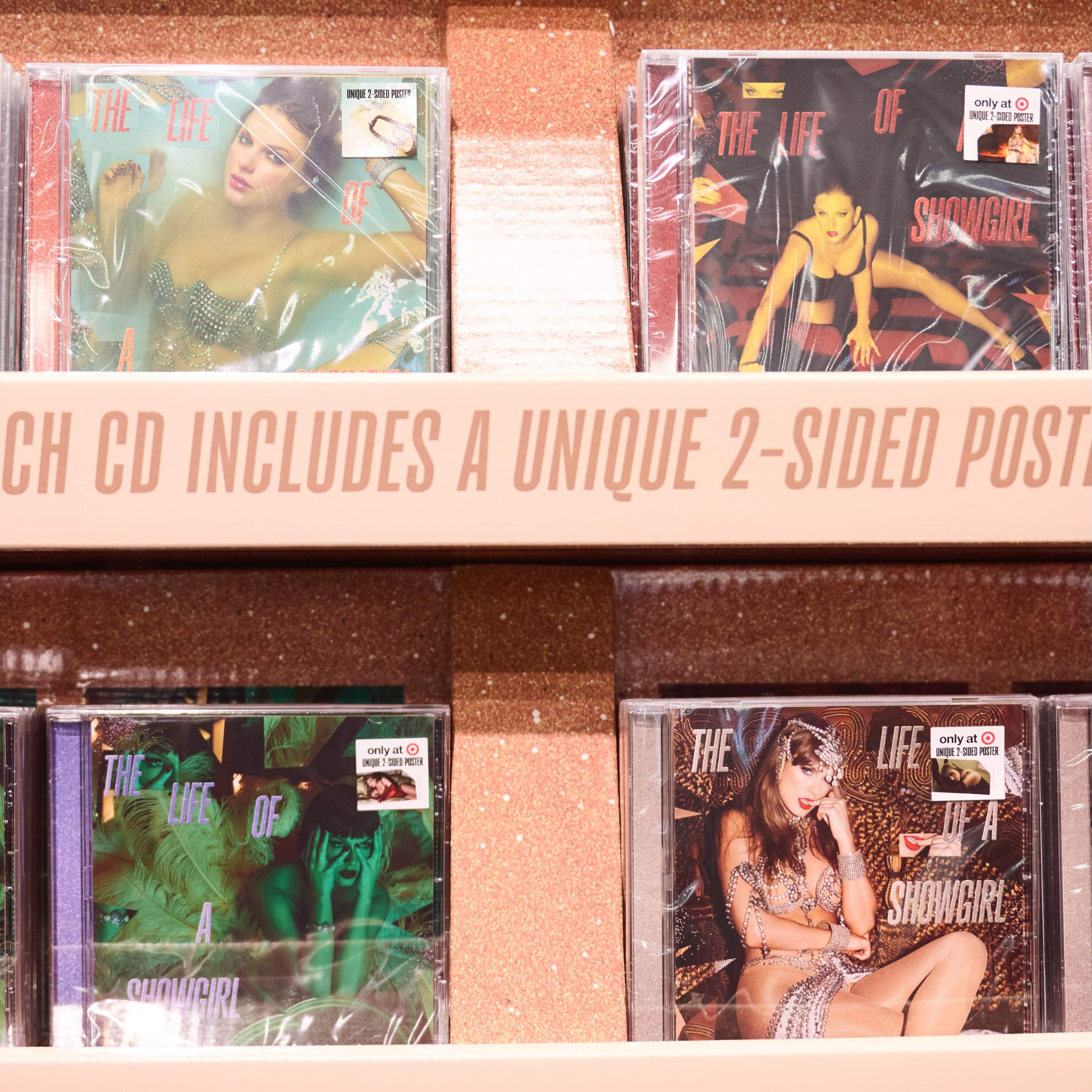The Planet Money Game: Test our prototype
It’s here! It’s free to download and playtest! It’s the Planet Money game! (Download here.)
After months of trying to find the perfect balance of ideas and entertainment, the Planet Money game is ready for our next phase. And that’s where you come in, listeners! We need you to playtest the Planet Money game to help us perfect it.
Subscribe to Planet Money+
Listen free: Apple Podcasts, Spotify, the NPR app or anywhere you get podcasts.
Facebook / Instagram / TikTok / Our weekly Newsletter.
This episode was hosted by Kenny Malone and Erika Beras. It was produced by James Sneed with help from Emma Peaslee and edited by Jess Jiang. It was fact-checked by Sierra Juarez and engineered by Cena Loffredo. Alex Goldmark is Planet Money’s executive producer.
Learn more about sponsor message choices: podcastchoices.com/adchoices
NPR Privacy Policy
- Download and playtest the game go here
- Sign up for the 11/1 virtual AMA event and get updates about the game
- Submit your feedback on the game
- Watch the how-to video with Kenny and Elan for playtest instructions
After months of trying to find the perfect balance of ideas and entertainment, the Planet Money game is ready for our next phase. And that’s where you come in, listeners! We need you to playtest the Planet Money game to help us perfect it.
Subscribe to Planet Money+
Listen free: Apple Podcasts, Spotify, the NPR app or anywhere you get podcasts.
Facebook / Instagram / TikTok / Our weekly Newsletter.
This episode was hosted by Kenny Malone and Erika Beras. It was produced by James Sneed with help from Emma Peaslee and edited by Jess Jiang. It was fact-checked by Sierra Juarez and engineered by Cena Loffredo. Alex Goldmark is Planet Money’s executive producer.
Learn more about sponsor message choices: podcastchoices.com/adchoices
NPR Privacy Policy
Press play and read along
Transcript
Transcript is processing—check back soon.
Planet Money — The Planet Money Game: Test our prototype





